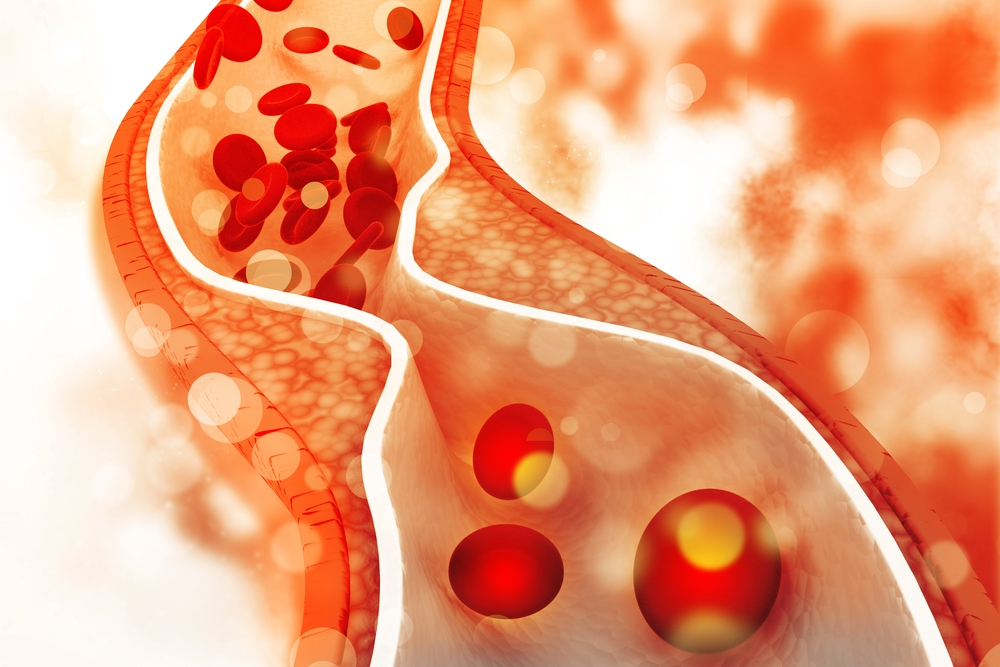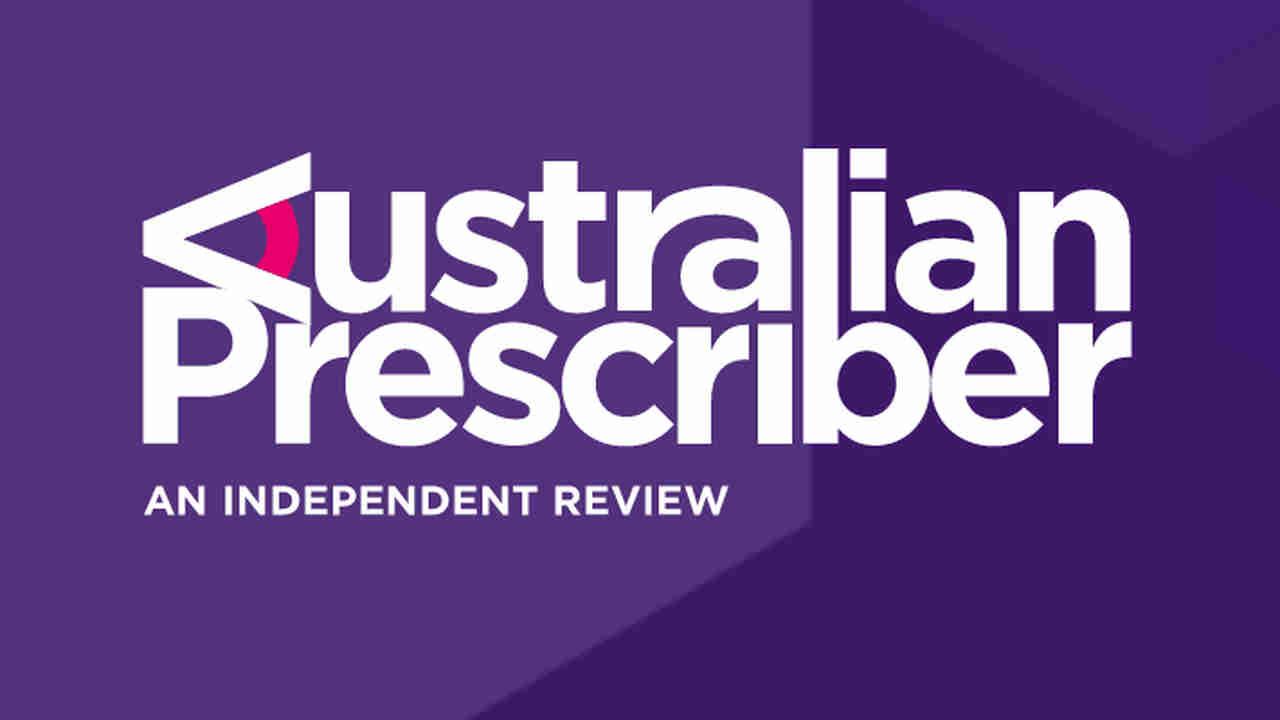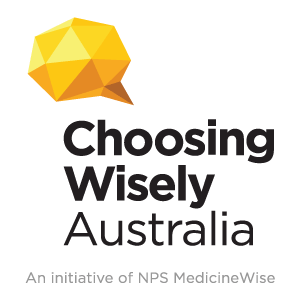Key points
- Assess absolute cardiovascular risk, using an appropriate risk calculator, before prescribing lipid-modifying medicines
- Prescribe lipid-modifying medicines for patients with high cardiovascular risk
- Optimise LDL lowering by adequately trialling statin therapy before adding a second lipid-modifying medicine
- Recognise that statin intolerance is rarely life-threatening and may have a lower incidence than is commonly reported
- Systematically assess and manage suspected statin-associated muscle symptoms (SAMS)
Statins revisited: appropriate patient selection and management are key

The use of statins in primary care remains suboptimal, with evidence suggesting these medicines are being prescribed for patients with elevated cholesterol but low absolute CV risk, and underused by patients with high CV risk. This means that some patients are unnecessarily treated and patients who would benefit from lipid-modifying medicines may not be receiving necessary treatment.
Video - NPS MedicineWise Briefing: everything you need to know about statin intolerance
Spend 12 minutes with NPS MedicineWise Clinical Program Officer Natalie Raffoul for a briefing on the topic of statin intolerance - get the evidence and learn about the NPS MedicineWise statin associated muscle symptom treatment algorithm.
Can co-enzyme Q10 supplementation prevent or treat statin-associated muscle symptoms?

Evidence supporting the use of CoQ10 supplements to prevent or treat SAMs in clinical practice is inconsistent.
Review the evidence, and read our expert's opinion about the use of CoQ10 supplementation in cases of SAMs.
Medicinewise News: Uncovering the truth about statin intolerance

Muscle symptoms are the most commonly reported form of statin intolerance, but are they as common as patients and doctors think? A systematic approach to assessing and managing muscle complaints among patients taking statins may improve both adherence to statins, and patient CV outcomes.
Australian Prescriber

Drugs in secondary stroke prevention
Chris Tremonti, Mark Thieben
Aust Prescr 2021;44:85-90
Michelle Liacos et al.
Aust Prescr 2020;43:114-20
Encouraging adherence to long‑term medication
Tim Usherwood
Aust Prescr 2017;40:147-501
Choosing Wisely Australia

Choosing Wisely Australia helps healthcare providers and consumers have important conversations about improving the quality of healthcare by reducing unnecessary and sometimes harmful tests, treatments, and procedures.
Led by Australia’s colleges, societies and associations and facilitated by NPS MedicineWise, Choosing Wisely Australia challenges the way we think about healthcare, questioning the notion 'more is always better'.
5 questions to ask your doctor or other healthcare provider is a resource that can help patients ensure they end up with the right amount of care.
Recommendation from the Royal Australian College of General Practitioners
CPD options
Consolidate your knowledge on lipid modification, brush-up on current guidelines and practices and earn CPD points through our learning activities.
Practice review – Managing lipids: statins revisited

In 2017 Australian GPs received a Practice review on their prescribing of statins and ezetimibe in practice.
- Find out more about how to interpret your graphs and tables
- Reflect on your practice and prescription patterns of statins and ezetimibe
- Review and download a sample report
- Find out more about how to interpret your graphs and tables
- Reflect on your practice and prescription patterns of statins and ezetimibe
- Review and download a sample report
Clinical tools
For your patients
Statins Patient Action Plan for assessing and managing muscle symptoms
Date published : 19 June 2017
Treatment guidelines
- Baker IDI Heart and Diabetes Institute National Evidence-Based Guideline on Secondary Prevention of Cardiovascular Disease in Type 2 Diabetes
- National Heart Foundation of Australia & Cardiac Society of Australia and New Zealand: Australian Clinical Guidelines for the Management of Acute Coronary Syndromes 2016
- National Heart Foundation of Australia and the Cardiac Society of Australia and New Zealand: Reducing risk in heart disease: an expert guide to clinical practice for secondary prevention of coronary heart disease 2012
- National Vascular Disease Prevention Alliance Guidelines for the management of absolute cardiovascular disease risk 2012
- RACGP Redbook 9th edition Prevention of vascular and metabolic disease
- Kidney Health Australia Chronic Kidney Disease Management in Primary Care 4th edition
Further reading
Hains I, Raffoul N, Yoo J. Evaluation of academic detailing visits on GP knowledge and practice for statin use and management. Aust J Primary Health 2020; 26; 492-499. https://doi.org/10.1071/PY20062
Pergolizzi JV Jr, Coluzzi F, Colucci RD, et al. Statins and muscle pain. Expert Rev Clin Pharmacol 2020; 13: 299-310. DOI: 10.1080/17512433.2020.1734451
Primary Times 2017. Managing lipids with statins.
Ward NC, Watts GF, Eckel RH. Statin Toxicity. Circ Research 2019; 124: 328-50. https://doi.org/10.1161/CIRCRESAHA.118.312782

